Knowlton would be one of those towns where, as Frank Sinatra sang, there’s only one perfect crime possible: killing time. That is, of course, if it weren’t for its most famous resident: crime novelist Louise Penny. Her novels, featuring a French-speaking detective named Armand Gamache, always take place in a fictional village called Three Pines, a place beloved by her millions of readers. Penny drew inspiration for Three Pines from Knowlton, a charming town in Quebec’s Eastern Townships, about an hour from Montreal, where she recently welcomed EL PAÍS.
“The crime rate here is very low — thankfully, that’s not the case in my books,” says the author, who is still “shaken” by the first homicide in Knowlton in a long time. A man was found dead — Penny suspects it was “a drug deal gone bad in Montreal” — in a burning truck “just a couple of streets over” from the English-language bookstore where the interview took place. In the store, there’s a corner dedicated to the 20 novels starring Gamache and a world map covered with pins placed by fans to mark where they came from to visit the mythical setting of the books.
That murder has shaken up the quiet life of Knowlton, a community near the U.S. border, where residents, like the rest of Canada, have been in turmoil for months over Donald Trump’s annexation threats. The U.S. president wants to turn them into citizens of the 51st U.S. state, insults their prime minister by calling him a governor, and has launched a nasty tariff war against his long-time trade partner.
Because of all this, Penny erupted last month on Facebook, announcing that she was canceling her planned tour of the United States. That included an event before an audience of about 2,500 people at the Kennedy Center, a major cultural institution in Washington that Trump has co-opted to serve his conservative revolution.
Instead, she will go on a Canadian tour, starting in Ottawa, the capital, and ending at a library on the Vermont border, which has also been caught in the storm, as part of its building lies in one country and the rest in the other. Trump has ordered the closure of a border crossing that runs through it — a crossing that had, in effect, remained open for a century.
Like many Canadian writers, Penny has strong ties to the neighboring country, which in her case are also political: she co-wrote the political thriller State of Terror with Hillary Clinton. The decision to cancel her U.S. tour will have “a considerable economic impact” on both the author and her publishers, though she says they chose to support her regardless.
“I almost certainly won’t debut at number one on the list, as I usually do. For that, you need to sell 100,000 copies in the first week.” The most astonishing part is that one of the plots in her new novel, Black Wolf, plays with the idea of a U.S. invasion that turns Canada into the 51st state.
Question. It seems that, in addition to your talent for crime fiction, you also have the ability to get inside Trump’s head…
Answer. I had the idea about three years ago, and I wrote the novel last year. I was thinking about the environment. The United States is running out of water. Is there anything more vital? Canada has plenty of natural resources. And what happens if you’re running out of water, but you have a lot of missiles? You’d probably use one to get the other. I think Trump is thinking about that, and certainly not about controlling fentanyl trafficking [the reason he gave for launching his first trade threats]. With him, it’s always about getting resources: it’s like that with Greenland, and also with Ukraine.
Q. Where was the Canadian nationalism that Trump has awakened?
A. In the book, there’s an invasion, Canada falls quickly, and a resistance emerges. It was easy to imagine something like that. Suddenly, the unimaginable is happening. It seems to me that this nationalism was sort of a slow burn. I’m not so much as surprised as thrilled. There is of course a dark side to nationalist that we need to be aware of. That’s what drove Nazism, and it’s driving Trump and his people. But I think we Canadians will be able to stay on, let’s say, on the moral side.
Q. Would you say Trump is leaning towards fascism?
A. Oh, yeah. I read a brilliant op-ed recently in The New York Times whose headline was, “Canada, May I Introduce You to Ukraine.” It quoted [Vladimir] Putin just before he invaded the country and compared it to what Trump is saying now. It is disconcerting. We’re witnessing a coup. I think it has to be the Republican Party and the MAGA [Make America Great Again] people who react. Not simply because the tariffs are wrong and the price of bread is going to go up, but because what he’s doing is morally wrong. The way he is bringing other nations to their knees! It’s disgusting…
Q. You were talking about an op-ed earlier. Did you read the one your friend Hillary Clinton wrote about the Trump administration, in which she marveled at its incompetence?
A. I thought the part where she said the United States was a banana republic was fabulous. She sent it to me before publishing it. Oscar Wilde said there’s no sin except stupidity, and that all others spring from it. I agree that there’s no shortage of stupidity in Washington these days. I don’t know how many times a day I tell myself I don’t understand what’s going on. It’s like I woke up in an opposite world, like in that episode of Seinfeld where George Constanza wakes up in a world where everything rational is irrational. How can anyone vote for Trump? Who would have thought he would come out of the gate on day one the way he has?
Q. Trump spent the campaign promising this. He said he would be a dictator for a day…
A. I think I woke up in an opposite world a week or two after he was inaugurated, when it became clear to me that there was no pushback, that the Republican Party had given up. Thank God for [new Canadian Prime Minister Marc] Carney and for [Justin] Trudeau, who finally found his voice, set the tone…
Q. What did you think of the speech he gave opposing Trump’s tariffs?
A. He made me proud, not just of his words, but also of how he passed the baton to Carney [at the head of the Liberal Party].
Q. Isn’t it surreal that Canada’s elections turned into a referendum on your neighbor’s president?
A. That’s true. But in an election, you don’t always vote for the candidate you like the most, but the least objectionable.
Q. Do you boycott U.S. products?
A. Of course. I was at the grocery earlier. I love oranges, but I saw the “Made in the US” sticker, and with a heavy heart, I returned them.
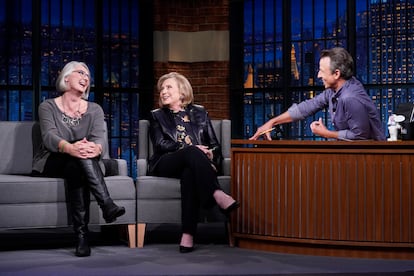
Q. What did you learn about U.S. politics from writing your book with Hillary Clinton?
A. Some of what happens behind closed doors, though not much. Also, that not all politicians are the same. They may all compromise over time, but I know from my relationship with Bill and Hillary and others I’ve met that there are also those who believe profoundly in public service and decency, and who can’t believe what’s happening, and how the country they love is sliding down this self-destructive path. We vacation together, and I know they hang out with ordinary people: they have friends who are schoolteachers, jewelers, people they grew up with, not billionaires with private jets.
Q. Do you think Canadian politics could be good material for a thriller?
A. One of the interesting things that’s happened and that makes me very happy is that the world has started respecting Canada as it always should have. We’re not a light version of the United States.
Q. A nation of overly polite people…
A. Yes, polite and slightly laughable, a place where there’s only snow and maple syrup. I’m really happy that Canada is now seen as a country that knows how to stand up for itself.
Q. Where does all this leave King Charles III, Canada’s head of state?
A. Trump has also managed to make Canadians angry at the King. He’s someone who is going to host with all the honors a president who has declared a trade war on us. I wish a referendum could be held. It’s not going to happen, because it would require the support of all the provinces, and they would demand something in return, making it impossible to organize. If it did happen, I would vote against the monarchy. I have nothing against the monarchy for the U.K., but for us? It’s ridiculous. It’s embarrassing just to think of an independent country having a foreign monarch as a head of state.
Sign up for our weekly newsletter to get more English-language news coverage from EL PAÍS USA Edition
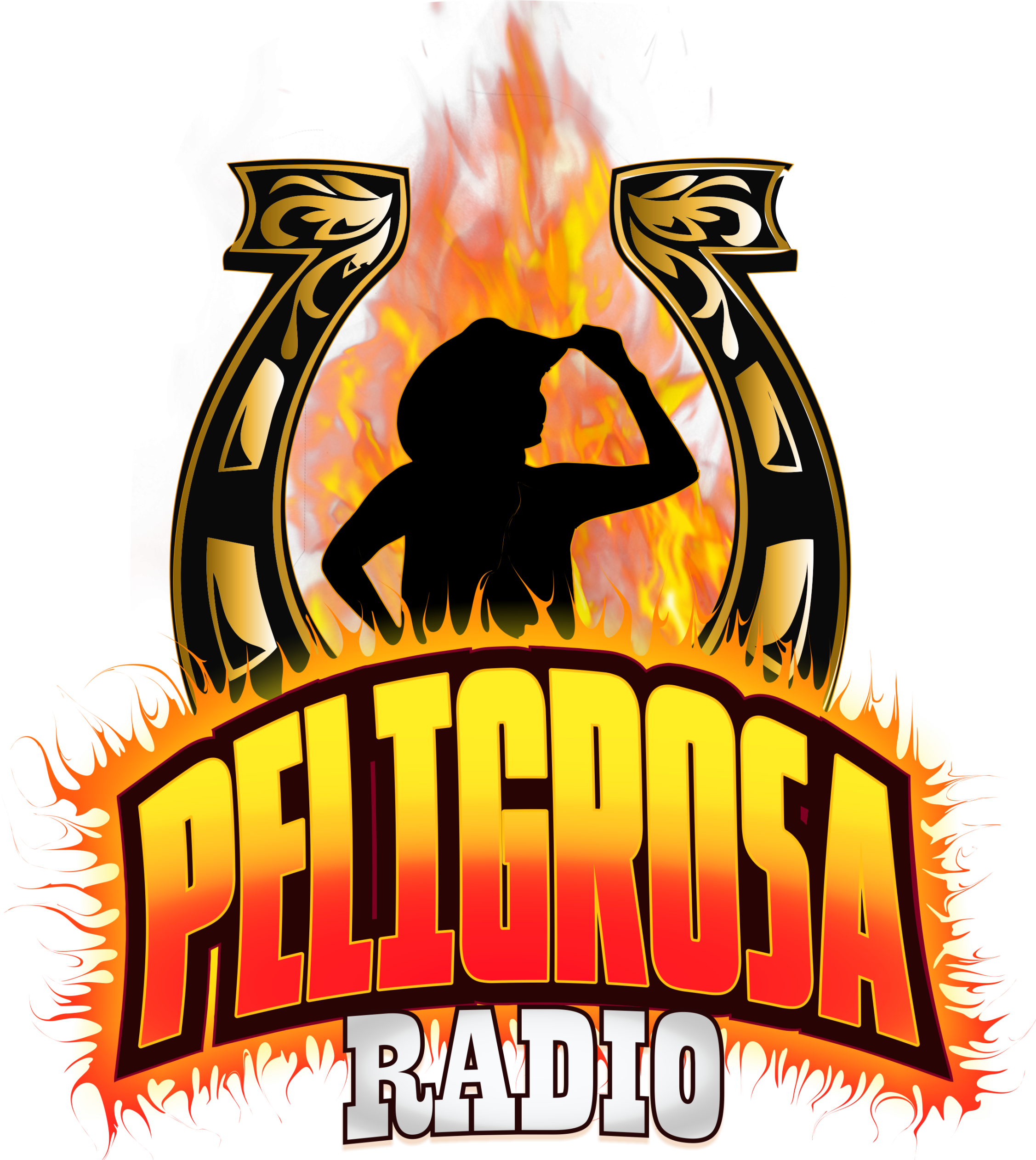
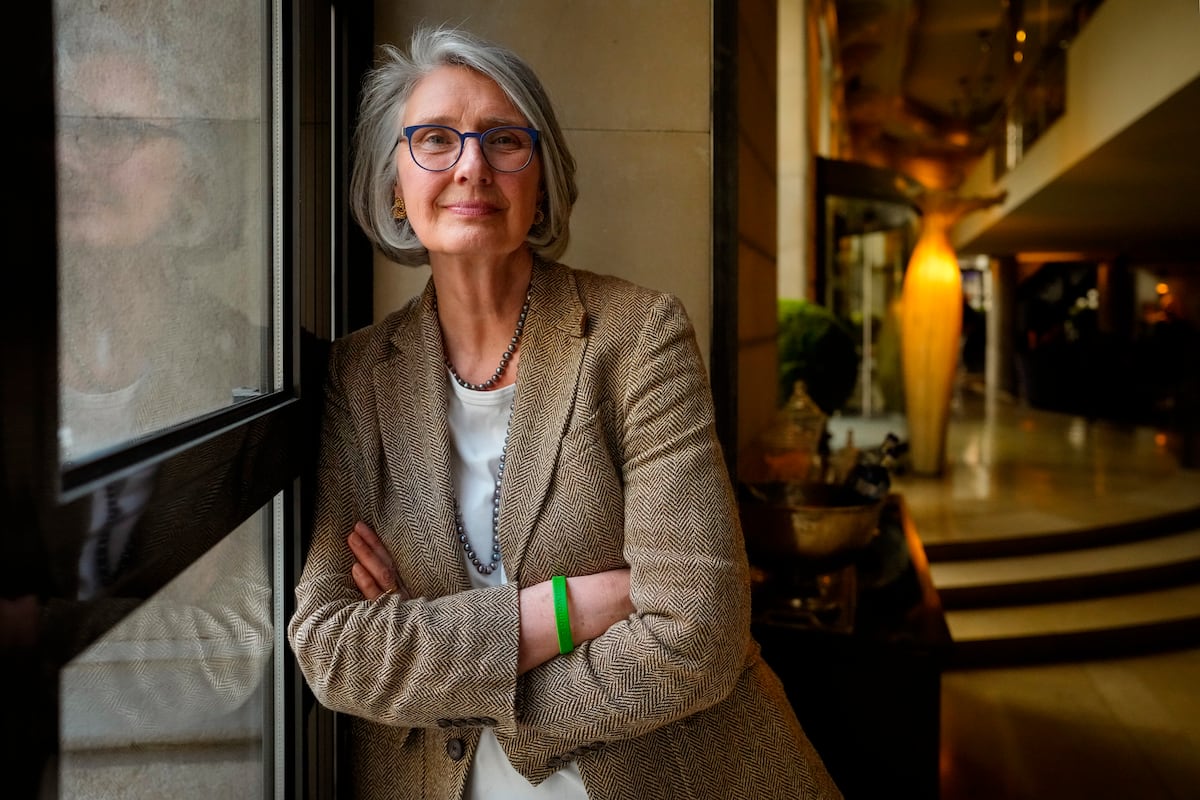
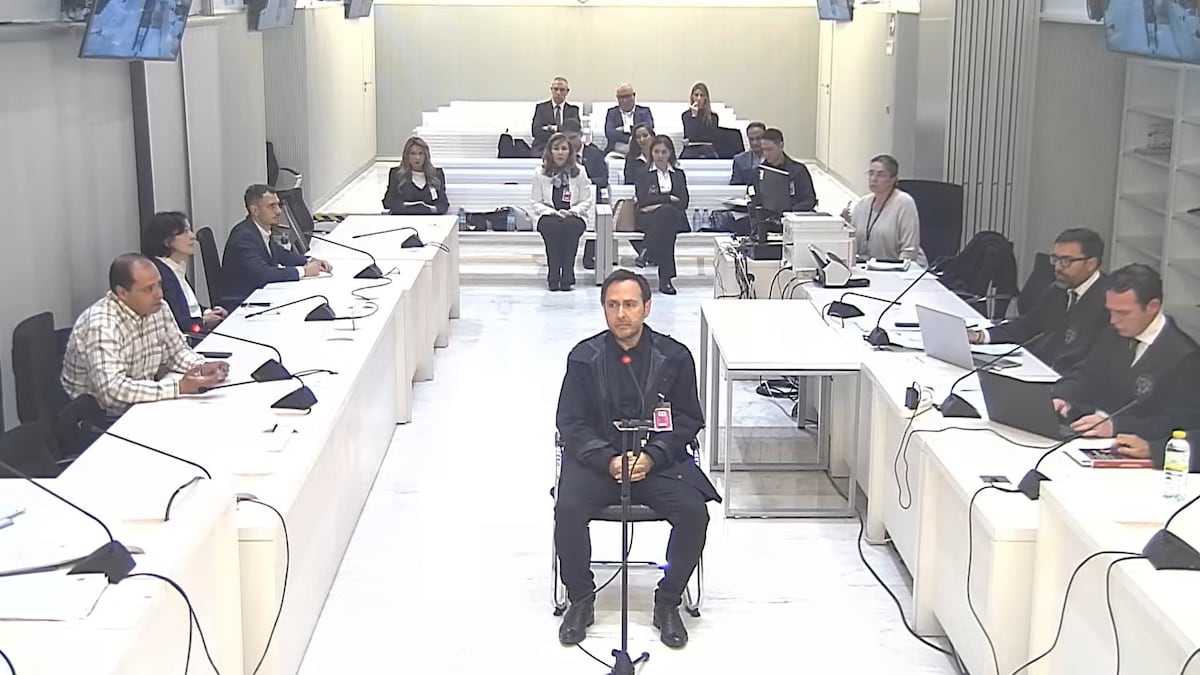

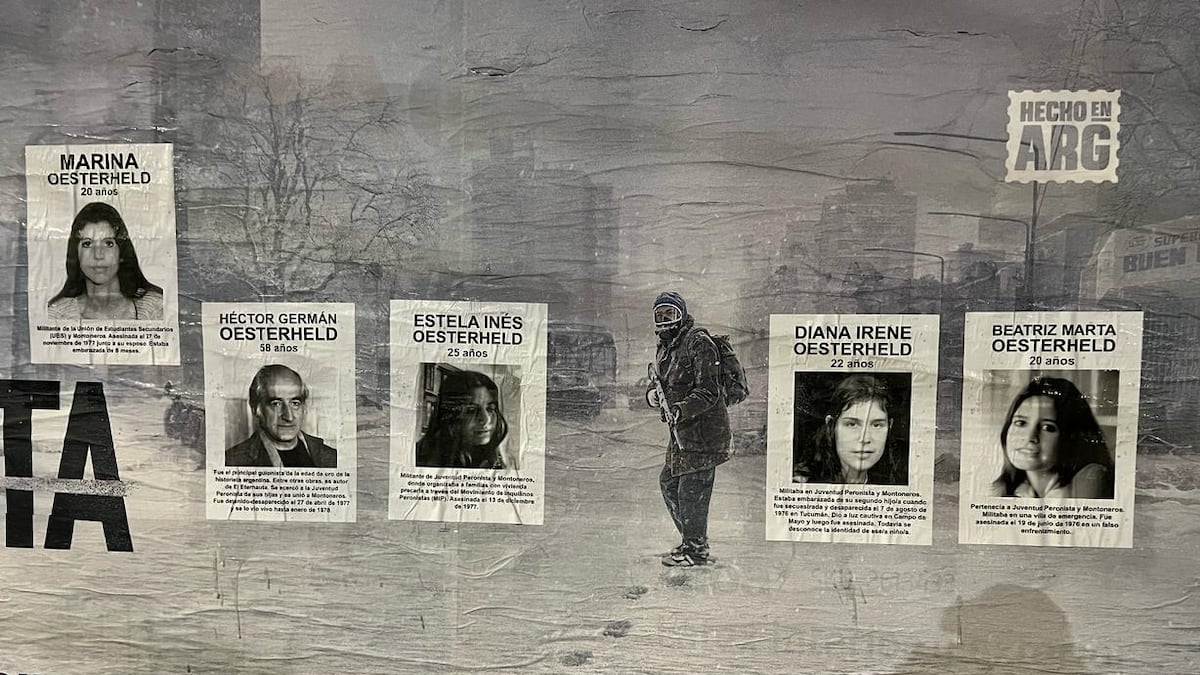
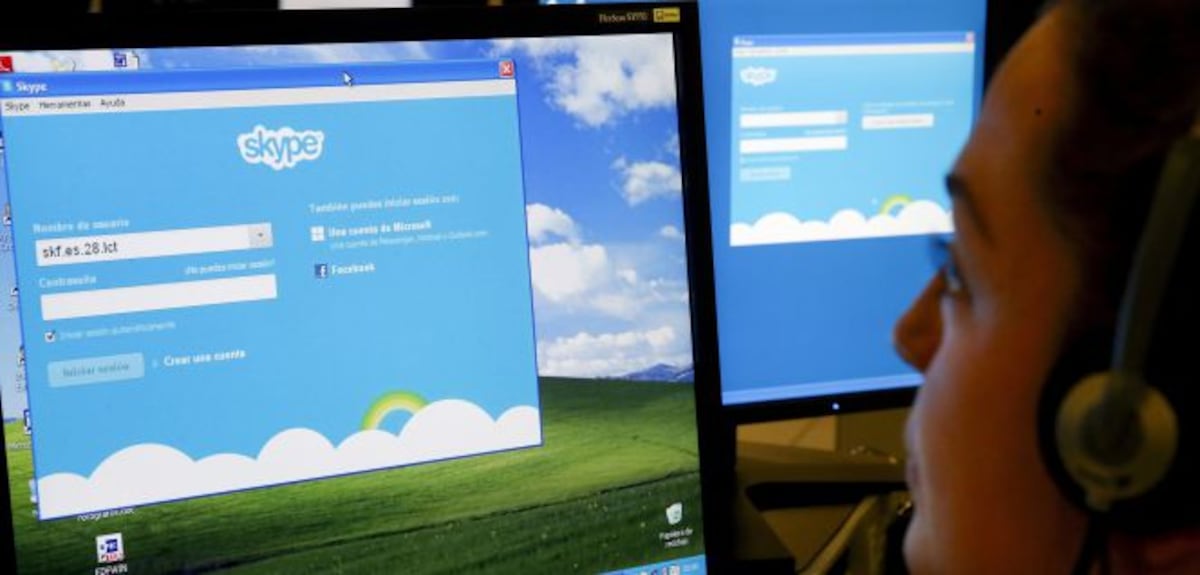

Comentarios